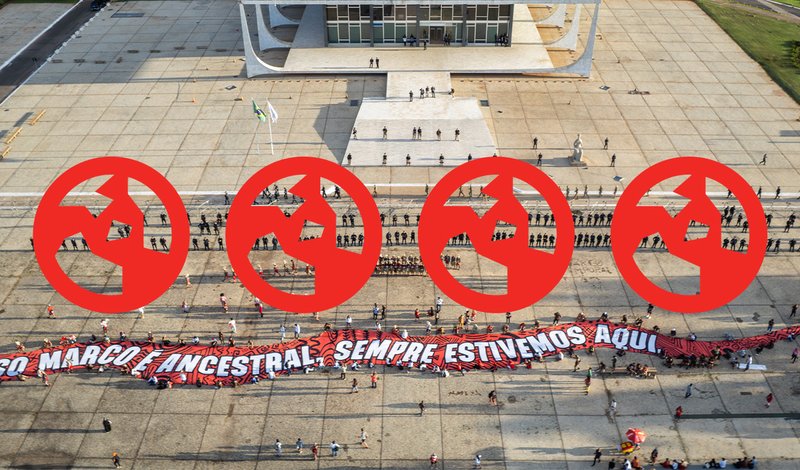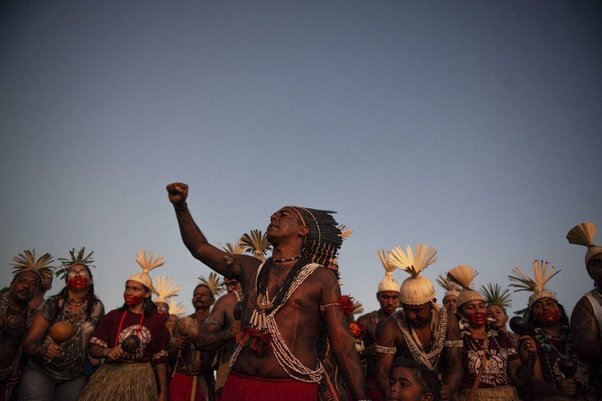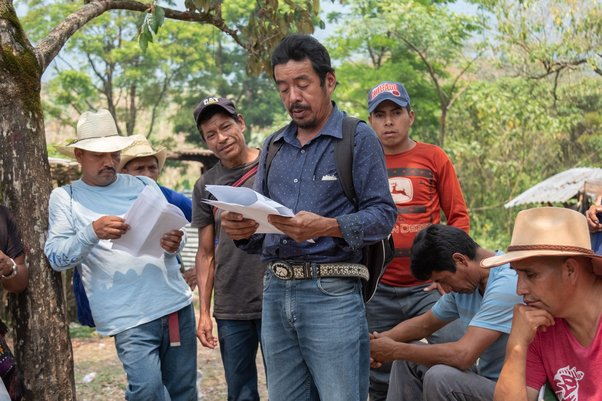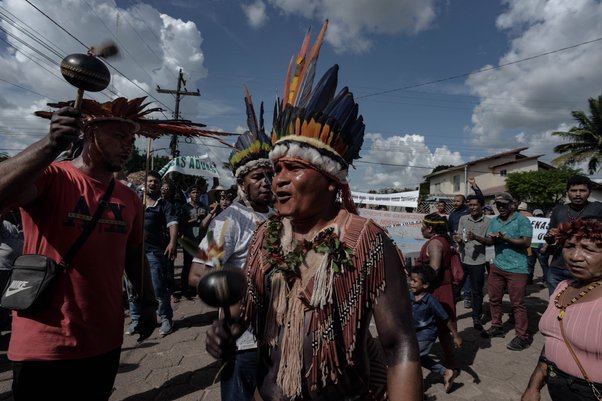With Brazil’s president branding COP30 the "turnaround COP", environmental defenders, Indigenous Peoples and other experts set out Host Country Agreement recommendations to meaningfully include climate frontline voices at the conference
As Brazil prepares to host COP30 in Belém, expectations are high for it to rise to the occasion — not just as a venue, but as a global leader in shaping a democracy that benefits the environment.
Brazil’s recent political transformations and renewed commitment to inclusive governance offer a unique opportunity to set a precedent for how climate negotiations can and should be conducted.
Crucial to this moment is the Host Country Agreement (HCA) — a legal accord between the UNFCCC and the host government that establishes the terms for organising COP.
The HCA governs essential elements such as security, visa access, participant rights, freedom of assembly and protection of personal data. In short, it shapes the civic space available for environmental and human rights defenders, Indigenous Peoples and civil society during the conference. It can either reinforce democratic participation or place harmful restrictions on it.

Recommendations for the Host Country Agreement guiding COP30
We have published some recommendations for how the HCA should work in practice below, so that environmental and human rights defenders, Indigenous Peoples, traditional communities, land and environmental defenders and other frontline groups are genuinely included in the negotiation spaces that affect them.
These recommendations were developed by LEAD (Leaders’ Network for Environmental Activists and Defenders) – a coalition of civil society organisations, Indigenous leaders, legal experts and frontline defenders working to ensure that environmental and climate justice go hand-in-hand with human rights.
The coalition advocates for stronger protections for environmental defenders and for their meaningful participation in international climate processes.
Global Witness has directly contributed to the development of these recommendations as part of its active engagement in the LEAD initiative, helping to bridge the gap between grassroots activism and global climate diplomacy.
Over 100 organisations have endorsed these proposals, calling on the Brazilian government and the UNFCCC Secretariat to embed clear rights-based commitments into the HCA.
The Brazilian news outlet Folha de São Paulo also reported on the launch of these recommendations, underscoring the collective call from civil society for civic freedoms and democratic safeguards to be enshrined at COP30. Read the article in Portuguese.
Summary of HCA recommendations
These recommendations outline specific legal, operational and procedural measures to be included in the COP30 Host Country Agreement. They are rooted in international human rights standards and lessons learned from past COPs.
Human rights protections
- Explicit guarantee of rights to peaceful assembly, freedom of expression, access to information and public participation
- Non-retaliation clauses prohibiting surveillance, detention or reprisals against participants during or after the COP
Transparency and accountability
- Mandatory disclosure of all sponsorships; bans on sponsorships from entities with environmentally harmful records
- A conflict-of-interest policy requiring public declarations by organisers
- Mechanisms to receive and respond to complaints of human rights violations
Observer access and civic space
- Clear rules to ensure unrestricted access for observers to negotiation rooms
- Publication of all requirements and deadlines for side-events and civil society participation
Security and legal support
- Human rights training for security personnel; ban on excessive use of force
- A rapid response protocol and legal aid system for at-risk defenders
- Deployment of neutral observers to document abuses or threats
Digital and physical accessibility
- Venues must be accessible to people with disabilities and offer family-friendly spaces
- Virtual participation must be supported with high-quality technology infrastructure
- Information must be available in multiple formats and languages
Visa and travel access
- Free, fast and fair visa issuance, including e-visas and non-digital alternatives
- Designation of a visa focal point and prohibition of discriminatory visa denials
Accommodation and affordability
- Government coordination to provide affordable and safe lodging for participants, especially those from the Global South
Privacy and data protection
- Prohibition of spyware and unlawful surveillance; strong safeguards for personal data of all participants
Full public disclosure of the agreement
- The full text of the Host Country Agreement must be published immediately after signing, with no redactions related to civic freedoms or participation
By adopting these recommendations, Brazil can make COP30 a landmark event in the history of environmental negotiations – one where civil society is not only present but meaningfully heard.
Get in touch with Global Witness’s Road to COP30 team to discuss further or to endorse the recommendations.


